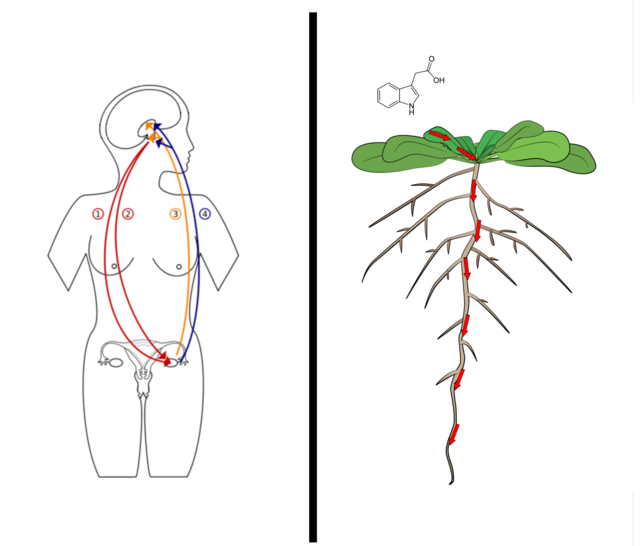PREGNANCY, PUBERTY, MENOPAUSE AND GUM DISEASE IN WOMEN.
Variations in the female sex hormones estrogen and progesterone cause significant physiologic changes in women at specific life phases.
These hormone changes can affect gum and bone tissues in the mouth, as there are receptors for estrogen and progesterone in the tissues that support the teeth. These hormones can affect cell growth and repair in the mouth and the maintenance of collagen.
They also change the effectiveness of the body’s cell barrier to bacterial invasion, and can alter the immune response to gum disease. Sex hormones also cause changes in the blood circulation that result in an exaggerated inflammation in the mouth.
This is seen during puberty, pregnancy, and at the postmenopausal stage.
During puberty: The gingival ( gum) tissues can become enlarged, swollen, soft, have a shiny surface and may bleed easily. In some case gum enlargement may have to be surgically reduced to allow for easier hygiene. There is an increase in some bacterial species in the mouth that use the hormones estrogen and progesterone as a nutrient source.
During pregnancy : Gingival (gum) tissues may be come enlarged, inflamed, and bleed easily. A benign swelling (called pregnancy tumour) may occur on the gums. This may need to be surgically removed to improve comfort on eating and speaking. Pregnant women have higher levels of hormones in the saliva that that causes an increase in the growth some bacterial species. The teeth may also become more loose ( mobile) during that time.
During menopause: Burning sensation may occur in the mouth with hormone changes. The gingiva (gum) may be shiny, dry, and have less keratin. Some patches of eroded gum tissue can be seen. Meticulous oral hygiene with a soft tooth brush, and professional plaque control is required to keep a healthy mouth. Dry mouth may be due to decreased saliva production and this also may cause altered taste sensation or a metallic taste. Gingivostomatitis may develop; this is a condition that features dry, shiny gum (gingiva) tissues that bleed easily. Estrogen deficiency may also lead to more intense gingival inflammation in the presence of periodontal disease and increase the rate of bone loss and tooth loss. The thinning of the gum tissue due to reduced collagen may also make it difficulty to cope with a removable dental prosthesis (partial dentures)
Managing hormone related gum disease involves meticulous plaque control. In the case of menopausal gingivitis, hormone replacement therapy can be included to reduce the risk of tooth loss.
For more info refer to : J Nat Sci Biol Med. 2015 Aug; 6(Suppl 1): S146–S149


